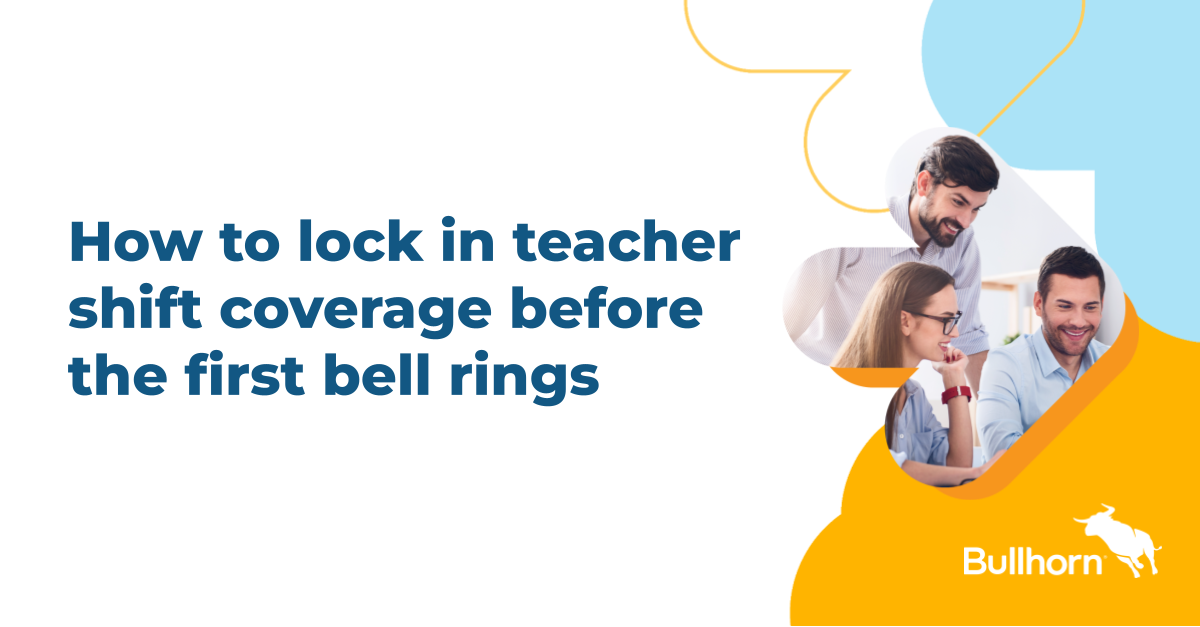How To Improve Recruiter-Client Relationships
Every relationship, whether it is personal or professional, is maintained by a certain set of behaviors and attitudes. Think about it. Whether you are dating, conducting an interview, or making new friends, you expect the other person to act “properly” whatever that may mean to you. If your blind date is sketchy, spends the evening ignoring you for his or her phone, or stands you up, would you really try to see this person again? Not likely. So why do you, as recruiters, pursue relationships with clients that behave this way?
One of the second biggest obstacles in the recruiting workplace (after distraction) is the difficulty of managing clients. Some of the primary problems include:
- Vague Parameters – The client does not provide enough information about the job order to find a suitable candidate.
- Lollygaggers – Many clients are slow to respond and provide feedback about candidates throughout the process.
- Unrealistic Expectations – Client expectations are too high or the requirements are impossible to meet.
- The Never-Ending Battle with HR – HR departments are a barrier between the recruiter and decision maker.
- Wishy-Washy Clients – Clients change their minds or can’t make a decision.
So what can you do to lessen this dysfunction?
Level The Playing Field
Ask detailed questions about the job order—the highest priority will always be finding the best candidate for the job. If you do not understand the job, this is impossible.The relationship should be symbiotic. The client needs your help filling positions as much as you need the client’s job orders. So why should the client have all of the power? There are always other job orders that can be pursued, but don’t give up on a client unless these steps are taken first:
- Explain to the client why prompt feedback is so important in the process.
- Determine how committed the client is to using your services. Help him realize that he needs your help. Be specific about your process and why you are a perfect match for his needs.
- Work with HR—just like you, they are only trying to do their jobs. Forming a good connection with HR could even better your relationship with the client.
If these all prove unsuccessful, it may be time to move on because according to Roy Munk, President of Global Healthcare Services,
“The problem may not be your process but rather the clients you are working with. If you clearly communicate your expectations to the client when you initially begin working with them and then you still run into [these] issues on a regular basis, then you may just need to move on to finding a better client.”
Build A Solid Foundation With The Client
As a recruiter, you only have so much time to commit.
“Spend the most time on those where the client buys into your clearly communicated expectations and the least on those where they do not.” –Jason Russell, Executive Recruiter at MRI St. Petersburg
- When you feel you have tried everything to make the relationship work, but have no success, it is time to move on. It is still possible, however, that the problem lies with your initial approach to the client. Here are a few tips to help the relationship begin on a good note:
- Be prepared for cold calls. Be pleasant, professional, and positive.
- Do not ramble when leaving voicemail messages. You should be brief, but direct. Mention a fantastic reason why they should call you back and keep it under 30 seconds.
- Do not be predictable—i.e. calling the same time every day, repeating the same tired old sales pitch, etc.
- Show the client you are genuinely interested by listening and respecting them.
- Be persistent but never harass a potential client.
If you follow these steps, clearly communicate your needs and understand the client’s, and if the match is right, the relationship will be much more harmonious, efficient, and effective.








